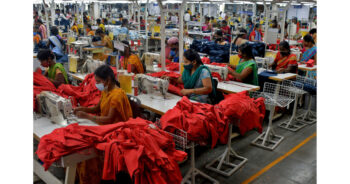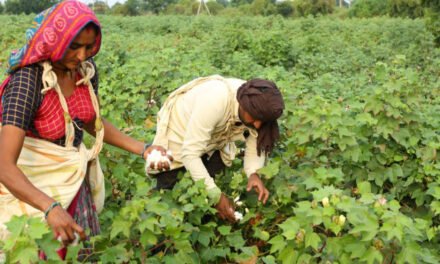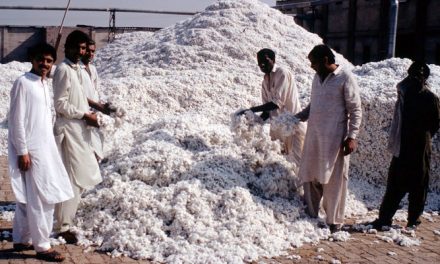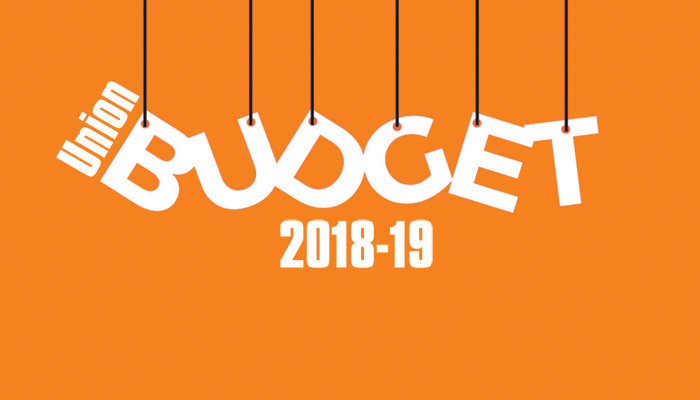 The 40 basis points increase in repo rate announced by the Reserve Bank of India (RBI) will lead to costlier loan, and add to the already existing challenges—like high prices of cotton and cotton yarn, and weak domestic and export demand—for the Indian textile industry. The policy repo rate under liquidity adjustment facility is now 4.40 percent.
The 40 basis points increase in repo rate announced by the Reserve Bank of India (RBI) will lead to costlier loan, and add to the already existing challenges—like high prices of cotton and cotton yarn, and weak domestic and export demand—for the Indian textile industry. The policy repo rate under liquidity adjustment facility is now 4.40 percent.
Immediately after the RBI announcement, Bank of Baroda and ICICI Bank increased the interest rate for repo rate linked loans by 40 basis points. Kotak Mahindra Bank also increased the interest rate by 35 basis points for some loans. Other banks are also likely to follow the same policy and raise their interest rates in the coming days.
Sanjay Jain, Managing Director of hosiery garment company TT Limited told, “Lenders will increase loan interest rate after the repo rate hike. This will adversely impact the entire value chain of the textile industry. Like all other industries, business loans for the textile industry will become expensive.” As a result, the capital cost will increase for textile companies for new plant and machinery which normally requires borrowings of large sums. Production cost will also go upside because of costlier working capital. Jain said that the working capital requirement of textile companies has already doubled due to the exorbitant increase in prices of cotton and other commodities.
According to HDFC Bank’s chief economist Abheek Barua, the RBI has shifted its focus from growth to inflation control. The increase in repo rate to 4.40 per cent was more than expectation. Barua expects the repo rate to increase further in the current financial year to 5.5 percent.
Currently, central banks across geographies, including the US and the UK, are raising interest rates to curb inflation in their respective countries. However, for the Indian textile industry, it will be yet another challenge when garment demand from the end users is still weak in the domestic market and the uncertainty is looming in export demand due to geopolitical turmoil.
But some people from the textile industry feel that the impact of the interest rate hike will be marginal. For companies like TT, which make their innerwear, hosiery and garments using cotton only, the main problem is the scarcity of cotton which is making price rise unbearable for the entire value chain. The production cost is skyrocketing just due to record increase in cotton and cotton yarn prices. According to Jain, the retail prices of hosiery garments have already gone up by 30 per cent, and a further increase of 15 per cent is also likely to happen if cotton becomes more expensive.








